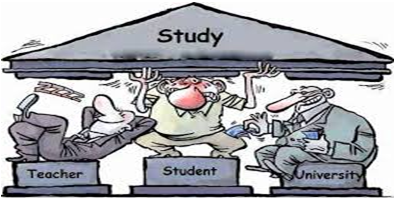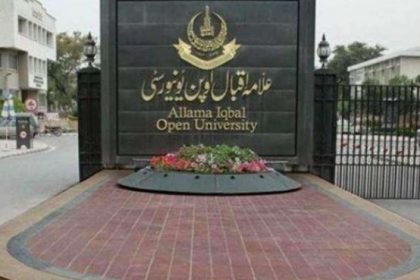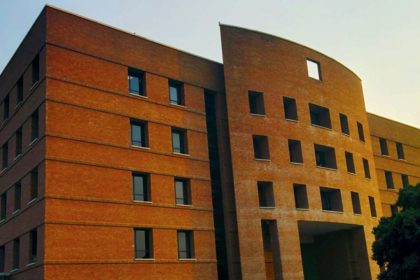SAT, IELTS, visa requirements and an absolutely draining university application experience later, one earns a ticket to a seemingly more promising future. When those difficult four years pass and students return to their home country with the prospect of working a job worthy of their qualifications, they find that this hard-earned degree still requires validation. Unless they generate a degree equivalence certificate, even the most qualified individuals in their respective countries of education cannot practise their profession.
First, they must attest all educational documents up to the degree and then submit them for equivalency. The equivalency certificate process alone can take anywhere from two to three months — or even years in the worst cases — which does not surprise those who frequently deal with government institutions. Applicants submit all required documents, which must match the information on all government records and the CNIC. If not, they risk losing employment opportunities, since even issues as minor as spelling errors cause HEC (Higher Education Commission) to reject the equivalency request.
Naturally, out of frustration from the long wait, people turn to agents to speed up the process. These agents often reveal the deeper issues within government institutions. They charge high fees, forge stamps, and deceive applicants. When such documents reach HEC, they are identified as fake and confiscated. Several reports also describe original degrees going missing during courier delivery. Discovering that years of effort and study have vanished must be a devastating experience.
If this isn’t concerning enough, there is always a chance that an applicant may never receive an equivalency certificate. When universities refuse to share data with HEC, when foreign schools shut down, or when the degree does not meet local standards, the qualification is reduced to a piece of paper. Additionally, although a four-year BS programme after 12 years of schooling is considered equivalent to a master’s degree, international students receive separate bachelor’s and master’s qualifications. This inconsistency leads one to question: is studying abroad — coming from Pakistan — a lost cause?
Students and prospective employees express justified disappointment. After years overseas, they return only to face another paperwork ordeal. They must present a valid CNIC, which means further delay if the existing one has expired, and they must pay for the equivalence process, which also requires Matriculation, Intermediate, and all prior equivalency certificates up to the submitted degree. This disadvantages those with foreign education — e.g., O/A Levels or IB — as their equivalency certificates are priced in dollars. Despite completing every step, there is always a chance they will not receive equivalence or may lose their original degree.
One applicant exclaimed: “Get a degree from an HEC-recognised university, then once you’ve gotten it, pay HEC to attest that degree, and then to validate the same degree as equivalent, pay HEC more and tolerate uselessly long delays.” It is also worth mentioning that while people easily buy equivalence certificates for local degrees, students who work for internationally credible qualifications face these unnecessary hurdles.
All of this further supports the argument that education has become a business in this country — and equivalence appears to solve a problem that does not exist. Employers clearly prefer foreign degrees due to the well-known differences in education standards. So, is this exhausting process even necessary to go through?












